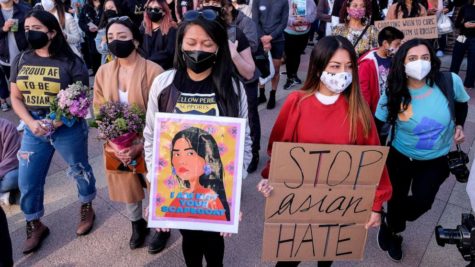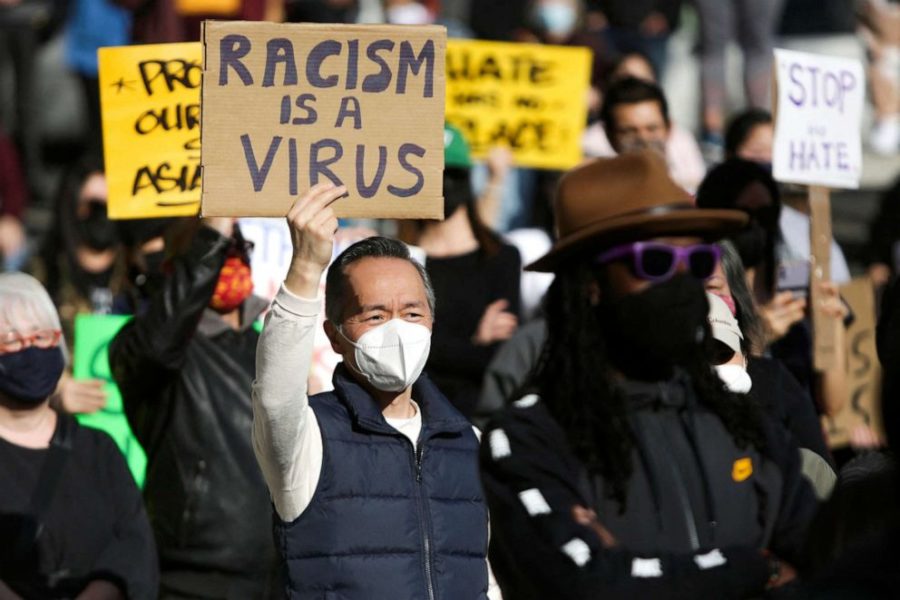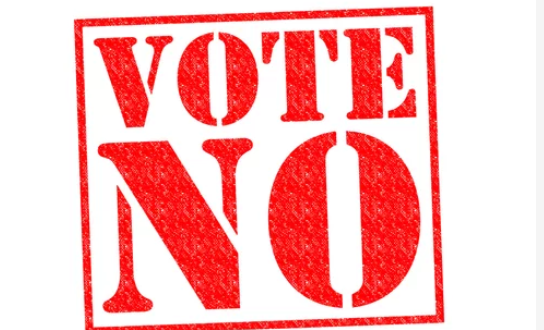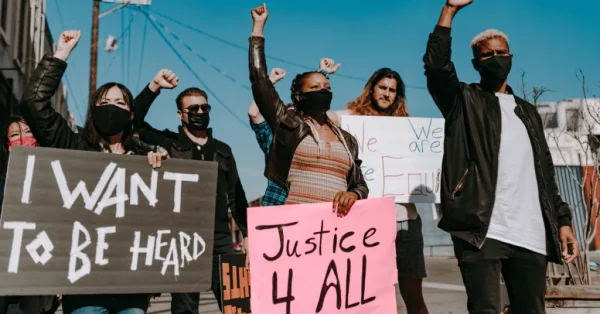Why and How You Should Honor Asian Americans and Pacific Islanders this Month
A spotlight on the wave of violence and hate against Asian Americans and Pacific Islanders (AAPI) in the US and how you can proactively respond.
A man holds a sign at the “We Are Not Silent” rally against anti-Asian hate in Seattle, Washington. Photo by Jason Redmond, Getty Images.
The month of May is recognized as Asian American and Pacific Islander Heritage Month. The first time an entire month was dedicated to AAPI cultures was in May of 1992. The month of May was chosen in honor of the first Japanese immigrant to the US (May 7th, 1843) as well as the completion of the transcontinental railroad, the product of many Chinese immigrant laborers (May 10th, 1869).
As an Asian American and child of an immigrant, I feel thankful to live in a safe, quiet town. However, when I visit surrounding cities like Lexington or Frankfort with my family, there is always a little bit of worry in the back of my mind. Reading about the swell of violence against AAPI citizens makes me sick to my stomach and I think about the safety of my Ates and Titas and Kuyas. Frankly, I had forgotten that May was AAPI Heritage Month, having never really celebrated it before; but this year, I went out of my way to educate myself and keep up with news reports and social media movements targeted towards the protection of Asian Americans and Pacific Islanders.
Why is AAPI Month so Significant This Year?
While the cultures and heritages of AAPI citizens should always be valued and commemorated, the Stop Asian Hate movement has been a widespread reaction to an uprise in discrimination and violence towards AAPI Americans.
In early March of 2020, the World Health Organization, or WHO, announced that the world was in the early stages of a global pandemic. More than a year later, we are still deep into the pandemic, but vaccines provide a ray of hope for returning to some degree of normalcy. For many, however, the pandemic has disrupted their lives so severely that returning to their previous way of life may not be an option anymore. For many Asian Americans and Pacific Islanders living in the US, the trajectory of their lives has been skewed due to a severe increase in discrimination and hate crimes.

Covid-19 is believed to have originated in Wuhan, China, in late 2019. From there, the virus spread worldwide at an extremely rapid rate, leading to where we are today. The origins of the virus have caused prejudices and the spreading of false information against Asian Americans and Pacific Islanders in the US, and nonprofit organization AAPI Data reported that approximately 10 percent of Asian Americans/Pacific Islanders have experienced hate crimes in 2021.
One relevant example of discrimination against AAPI citizens is the coining of the term “China Virus” when referring to Covid-19. Former President Donald Trump has used this term multiple times in live speeches and interviews, perpetuating prejudice by casting the blame on a single group of people. Incidents of violence and assault towards AAPI individuals have made national headlines, including an Asian woman being attacked with a hammer and a mass shooting in Atlanta, Georgia, in which a majority of the victims were Asian women. Despite the surfacing of these hate incidents, there are still countless occurrences that go unreported. Stop AAPI Hate is an organization that provides an online resource to report AAPI hate crimes as well as information and news centered around AAPI discrimination.
Why you should care.
This issue is a topic with countless complexities and intricacies I could write an entire thesis on. Nevertheless, my explanation is not indicative of a universal Asian American experience, and so it is important that you take it upon yourself to utilize several credible sources in order to educate yourself and others. While this national crisis may not directly affect you, it may impact your friends, neighbors, or the people in your community; indifference to hate is the same as enabling it.
If you are interested in learning more about the Stop Asian Hate movement or the events that have necessitated this social and political response, here are some sources to check out:

Ashley is a senior at WCHS and this will be her second year with The Jacket Journal. She enjoys watching movies, petting her dogs, and wrestling. She plans...









